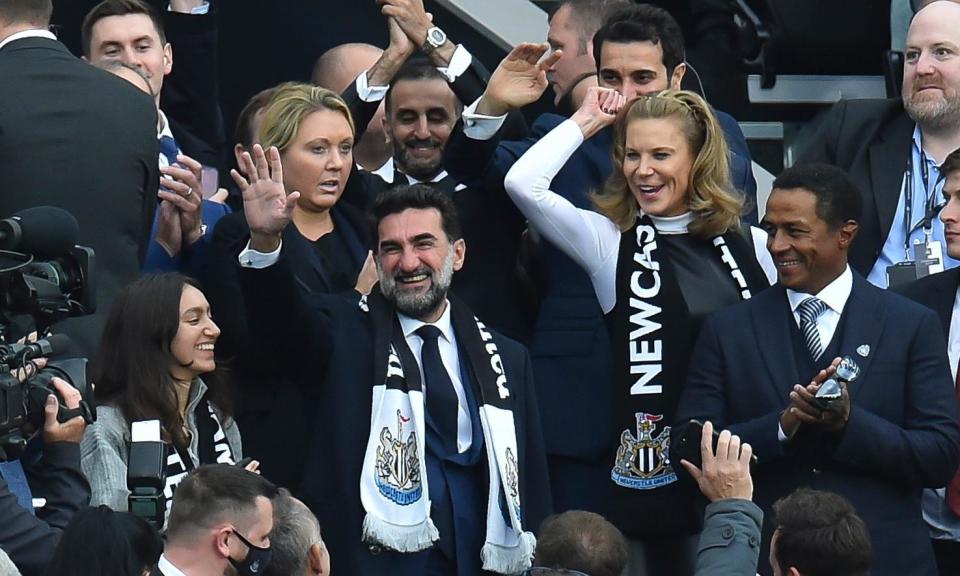Parliament urged to look at sportswashing clause in football bill

The United Kingdom’s parliament has been urged to revoke a clause in the new football governance bill that could leave the door open to sportswashing by authoritarian states.
Human Rights Watch (HRW) has drawn attention to a section of the bill that, it says, may point the way to a damaging increase in state ownership under certain conditions. The bill, currently being debated in the House of Commons, will define the powers of a long-promised independent regulator for English football but there are concerns that the new body will be unable to step in if the government waves unsavoury new owners through.
While the bill proposes new criteria for disqualifying prospective owners, section 37(2) stipulates that the regulator must take the government’s “foreign and trade policy objectives” into account when assessing their suitability. That has the potential, HRW believes, to severely dilute the regulator’s ability to block states from increasing their hold on the sport.
Related: Amnesty urges Fifa to publish report on Qatar migrant worker compensation
“A regressive clause in the bill will undermine the regulator’s independence,” writes Robbie Newton, senior coordinator at HRW, in an article published on Monday. “Section 37(2) requires the regulator to consider the UK government’s ‘foreign and trade policy objectives’ when assessing prospective owners –which could hamper the regulator’s ability to block allied state actors from acquiring football clubs.
“Clearly, given the UK’s trade interests in the region, countries like Saudi Arabia or UAE seeking to acquire teams could trigger the application of Section 37(2).”
State ownership has become a particularly pressing topic since the takeover of Newcastle United by Saudi Arabia’s public investment fund in 2021. The deal went through after passing the Premier League’s owners and directors test, which was satisfied by “legally binding assurances” that the Saudi state would not have control over the club. Since 2008, Manchester City have been owned by Abu Dhabi United Group, led by the Emirati royal Sheikh Mansour, which is formally separate from the UAE state. Both clubs’ owners have been accused of using football to airbrush human rights abuses and other crimes in the states to which they are connected.
“Sportswashing is on the rise across global sport,” Newton continues. “Authoritarian states are increasingly looking to sport and sports’ infrastructure as potential PR vehicles to launder their reputations and exert geopolitical influence. Acquiring football clubs has proved a particularly effective sportswashing tactic, as they hold considerable cultural significance and lobbying power.” HRW claims that, under the bill’s new rules around “serious criminal conduct” linked to owners’ wealth, the takeovers of Newcastle and Manchester City would have been blocked.
The bill was introduced in March and is currently at committee stage, meaning amendments – such as any change to section 37(2) – can be proposed and potentially passed.

